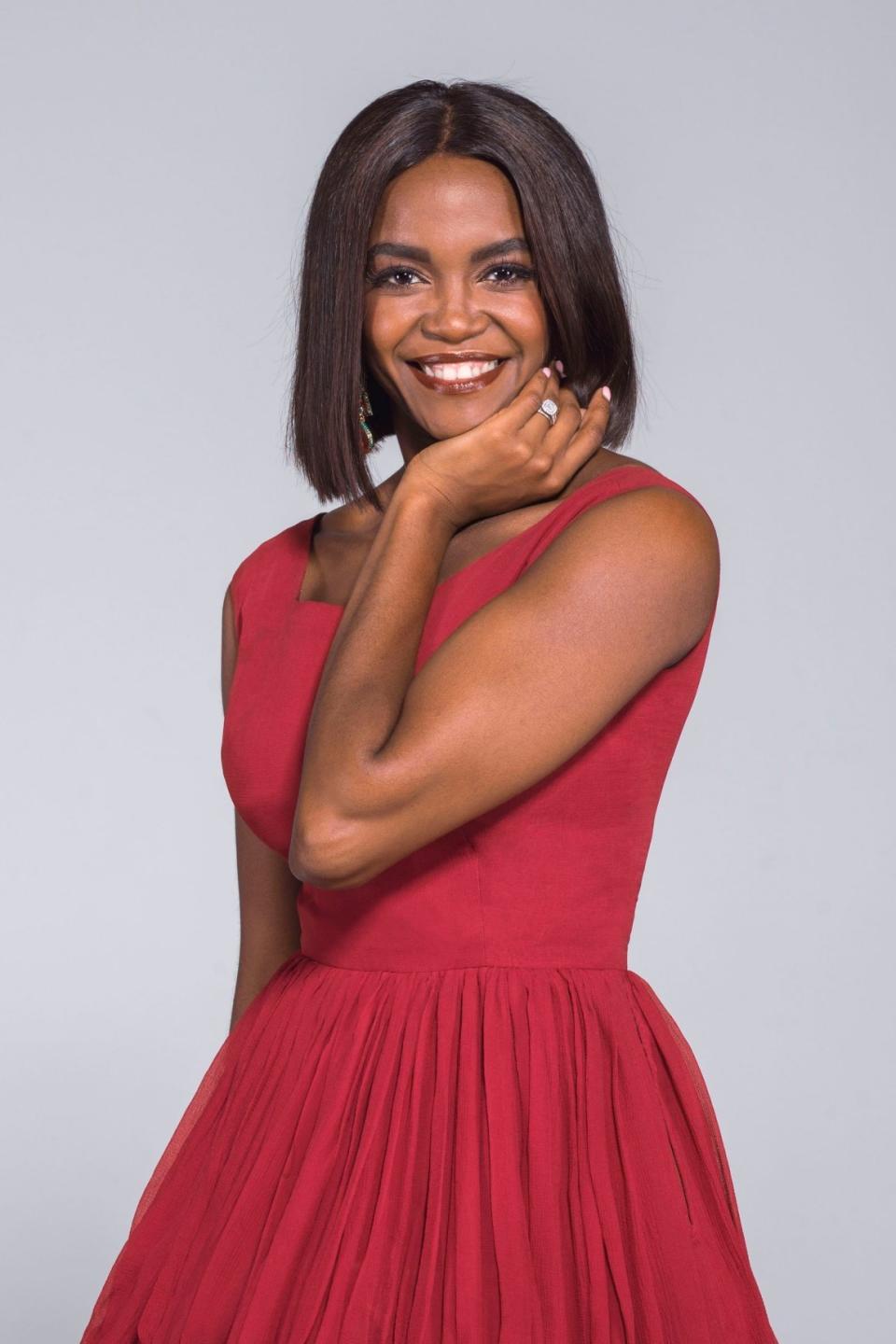I used to hate awards shows — but now I think people in all walks of life should be up for a trophy (like me!)
It’s that time of year again. The Met Office is predicting an apocalyptic storm and is calling it Nigel, I’ve just bought a coat in the sales. And it’s “awards season”. I used to loathe — I mean really hate — entertainment awards. Even the turbo-camp tears and tiaras of the Oscars failed to rouse my interest. I couldn’t get over the sense that so much praise was being heaped on some of the world’s least hardworking people. I thought caring that much about winning a dildo-inspired gong with all the charm of a fifth-rate Easter egg was deeply sad.
Attending my first TV awards (a sort of Z-list Oscars) confirmed this. It was a few weeks after Judge Rinder first aired and I was randomly seated at a table with people vying for “Best Soap Storyline”. They lost out to a rival channel’s show, where a character was written out in a horrible accident. My tablemates were inconsolable. I couldn’t persuade them that perhaps the global geopolitical climate intimated greater woes than their current misfortune. I decided I would never be those people. Ever.
I was wrong, of course. I am exactly those people. It wasn’t the award ceremonies I couldn’t stand; it was that I hadn’t been nominated. Fast-forward four years and here I am shortlisted for a National Television Award, and it turns out that — though you’re not supposed to admit it — I really do care.
This isn’t just egomania. When I first started in TV, like most people I had very little idea about how it was made. Telly doesn’t just happen. Every show (even the ones on channels you’ve never heard of) have scores of people slaving away behind the scenes. This army of talent, invariably more creative than the celebrities on them, take huge pride in the programmes they make and they appreciate public accolades.
It is more than a feel-good moment for the entire operation, it’s an acknowledgement of the hundreds of hours of work that these extraordinary teams put in. I get that the sheer number of celebrity-focused accolades doesn’t do much to improve the world. The last thing many celebrities need is more praise, especially from an industry that does a great deal to enable some “stars” to behave like Kim Jong-un, but this isn’t the point. There’s no such thing as too many awards ceremonies. Not only ought all the people off-camera have their own elaborate ceremonies but also people across all fields of work.
"I used to think that caring so much about winning a dildo-inspired gong was deeply sad"
I know we value a few real and meaningful awards such as the Nobel Prize, but surely we should be getting just as excited by the Pearson Teaching Awards, or the BMJ Awards for healthcare. More is more when it comes to celebrating the work people do. We should be rolling out red carpets whatever the industry: shop assistants, undertakers, refuse collectors — all should be up for trophies.
This year I am up against four other “judges” and I know I won’t be able to pull off a magnanimous facial expression if “judge” Simon Cowell wins (where’s his courtroom?) I never thought that I would go in for this celebrity trapping. So, while we all set about the task of celebrating each other’s achievements in Oscar-like fashion, do please feel free, if you are so minded, to vote for the nation’s finest and most authentic television judge in this year’s NTAs.
I’m Mystic Meg at spotting future stars
I have very few transferable skills. In the event of a national crisis, I don’t know what I’d contribute to the effort — rapier-like wit is rarely needed when things get ugly. The thing I’m good at is identifying talent in people and knowing who is likely to make it big.

I was 18 when I first saw Benedict Cumberbatch act and I knew — for sure — that he was going to be a megastar. I also predicted, with almost 100 per cent accuracy, who would go on to have serious success among my fellow National Youth Theatre contemporaries (Chiwetel Ejiofor, Matt Lucas and David Walliams).
Given my Mystic Meg-like capacity at predicting the future, I was not surprised that the latest breakout star of Strictly Come Dancing is Oti Mabuse. I knew, from the moment I met her, that she was special. Leaving aside her dazzling talent on the dancefloor, she is hilarious and truly brilliant (she speaks three languages and has a degree in civil engineering).
Her latest role, as a judge on BBC’s The Greatest Dancer, proves two things: when she is on screen, nobody else exists (sorry, Cheryl) — and that I am always right.
*I can’t stand self-help manuals. The ones I have had the misfortune of trudging through have about as much psychological sophistication as an airline salad.
I was recently given a copy of Owen O’Kane’s Ten to Zen, and was sceptical to say the least. I was wrong. There is a reason why this man is a psychotherapist and clinical leader in the NHS. The book is brilliant.
For anybody out there wondering how to achieve some sort of mindfulness in a world of exhausting uncertainty and stress, this is a must-read. It is full of easy-to-follow, utterly unpretentious advice.
I’ve decided to buy it for anyone I know who appears to be under the cosh. I am expecting a thank-you from the Prime Minister any day now.

 Yahoo News
Yahoo News 
